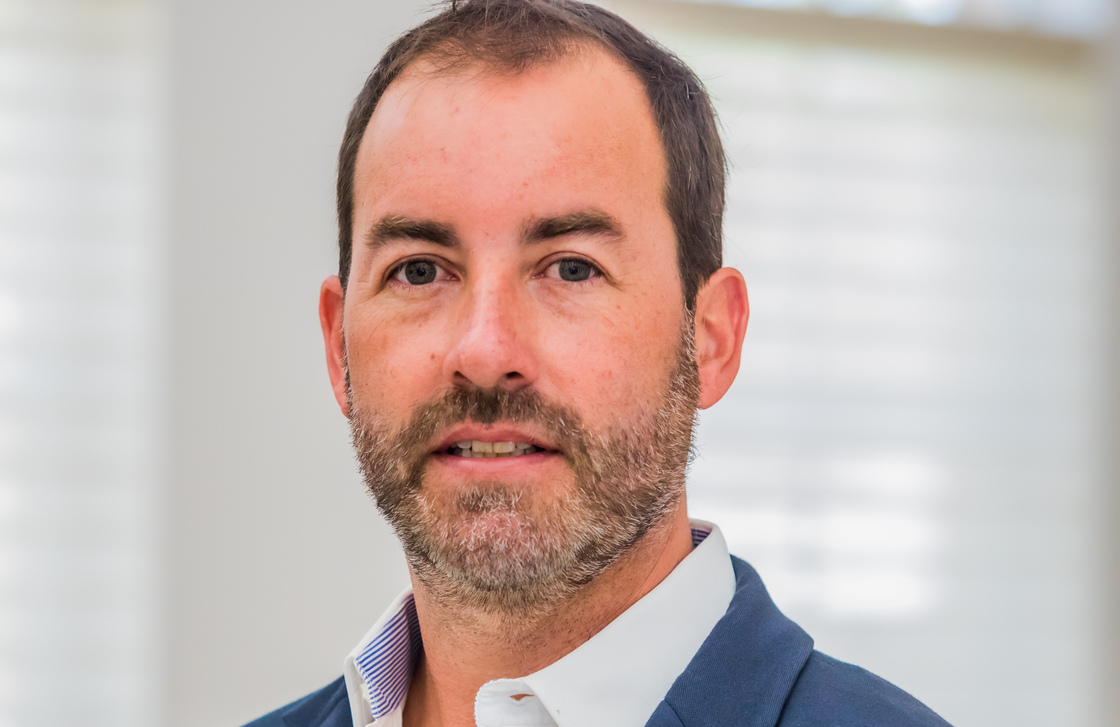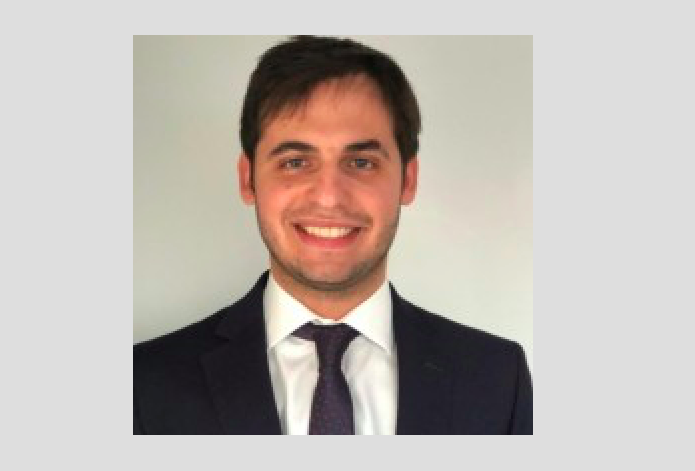“2023 Marks the Year of Greatest Loss in Purchasing Power Over the Last Five Years, declared Mercedes Bernardi, Senior Manager of New Business Development at Mercer Argentina, Uruguay, and Paraguay, during the Mercer Annual Forum, which brought together over 500 executives and HR leaders from Argentina’s top companies.
In this context, Bernardi conducted a thorough analysis of salary increases in 2024, stating, *’This year, although inflation is progressing at a slower pace than expected, it continues to bring compensation management into focus.’* She also noted that fewer instances of salary increases are anticipated in 2025 compared to this year: *’perhaps four versus six in 2024.’ She added, ‘Only 15% of companies report having a budget for 2025 salary increases.’
Bernardi concluded by forecasting a shift in dynamics for 2025: ‘With inflation declining, merit-based increases are gaining momentum.’
How is Argentina Faring in the Global Talent War?
Ricardo de Almeida, Regional Leader of Mercer Marsh Benefits for Latin America and the Caribbean, highlighted during a special panel that *’Argentina has a major advantage with its demographic bonus, a significant concern for other countries facing labor shortages, although,’ he warned, ‘the country is moving toward that reality within the next 25 to 30 years.’ As such, he emphasized that ‘Argentina needs to prepare for the talent war.’
Agustín de Estrada, Leader of Health & Benefits Consulting at Mercer Marsh Benefits, discussed the challenges of implementing well-being programs, focusing on emotional health in challenging environments. He shared key strategies for achieving the desired impact and, most importantly, sustaining it over time. He also provided an important statistic: ‘64% of companies are taking action to address workforce burnout.’
Guillermo Martin Barbosa, Team Leader of Well-being and Health at Santander Argentina, shared details of self-care programs, internal communication channels, and support communities developed by the company to focus on prevention and early warning tools. He also warned that ‘there has been an 18% increase in mental health issues among employees.’
During the panel on Argentina’s future, experts debated alongside Dolores Liendo, Sales Leader of Marsh McLennan, and Javier Tabakman, Partner and Latin America Career Leader at Mercer, about the current macroeconomic situation and its impact after the government change. Mariana Camino, CEO and President of ABECEB, noted that *’a process of macroeconomic order and normalization is underway, with some encouraging results.’* However, she emphasized that *’the economy has not grown in the last 12 years, and productivity has been affected since 2011. To exit the economic depression, growth needs to be restored, and investment policies must be prioritized. There is optimism for a stable and low-inflation 2025.’*
Regarding the recent labor reform announcement, José Luis Zapata, Partner in charge of the Labor Law Department at O’Farrell Law Firm, stated that *’the new regulatory framework will support employment recovery, as the current labor laws have not been modified in over 50 years and are now obsolete.’*
Rodrigo Solá Torino, Partner at Marval, O’Farrell Mairal, praised Argentina’s healthcare coverage, which is highly regarded regionally but pointed out the country’s significant shortcomings regarding the pension system. Tabakman concluded the discussion by commenting on the shift in the HR agenda: *’During the pandemic, the focus was on inflation and salary increases to ensure employees maintained their purchasing power. Today, the conversation revolves around productivity, acquiring new skills, and integrating AI into the workforce.’*
Generative AI and Other Trends in Human Resources for the Coming Years
Ivana Thornton, President of Mercer Argentina, Paraguay, and Uruguay, kicked off the first session, ‘The New Shape of Work,’ by stating, ‘Unlearning is the path to letting go of old beliefs, knowledge, habits, and behaviors to make room for new paradigms that open new possibilities. AI undoubtedly enhances our work and helps us be faster, more accurate, and efficient.’
Key topics discussed included the rise of generative AI in the workplace, the importance of companies focusing on creating a digital mindset, the growing relevance of change management in HR, and the increasing trend toward skill-based talent management as a key resource for business productivity and sustainability.
Matías Rosales, CEO of Marsh McLennan for Argentina and Uruguay, emphasized that ‘collaboration, teamwork, and continuous innovation are the keys to business success.’ Sebastián Otero, recently appointed Director of Mercer Marsh Benefits for Argentina and Uruguay, added, ‘As leaders, we have a significant responsibility to unlock human potential in this era of artificial intelligence.’
Viviana Cesareo, Senior Manager of Transformation and Talent Management at Mercer Argentina, Uruguay, and Paraguay, analyzed the impact of skills and AI on workforce planning and how HR can address the redesign of talent management processes by understanding current skills and identifying those necessary to face the new world. Fabiana Frattari, Head of HRBPs & Talent at Banco Galicia, reflected on the strategic evolution of talent, the new skills model required for each role, and the need to move away from traditional job descriptions: *’I prefer to talk more about a development map than a career path,’* she emphasized.
Later, María Marta Kenny, Head of Human Resources at IBM for Argentina, Uruguay, and Paraguay, shared her experience in transitioning the company to a skills-based talent management model, which has allowed it to adapt to the constant changes in the labor market, where skills become obsolete in increasingly shorter periods. She reflected on the importance of rethinking the approach to recruitment, learning, growth, and employee development.
In the second session, ‘People at the Center,’ Ángeles de Nicola, Senior Consultant in Mercer’s Health and Benefits area, explained how to design an employee value proposition and holistic well-being—encompassing physical, financial, and emotional aspects—by considering each employee’s experience. She stressed the importance of listening and being close to employees. Laura Barderi, Head of Payroll, Well-being, and Benefits at Movistar (Telefónica Hispam), affirmed that prepaid medical care and Christmas bonuses remain the most valued benefits by employees in their company.”



